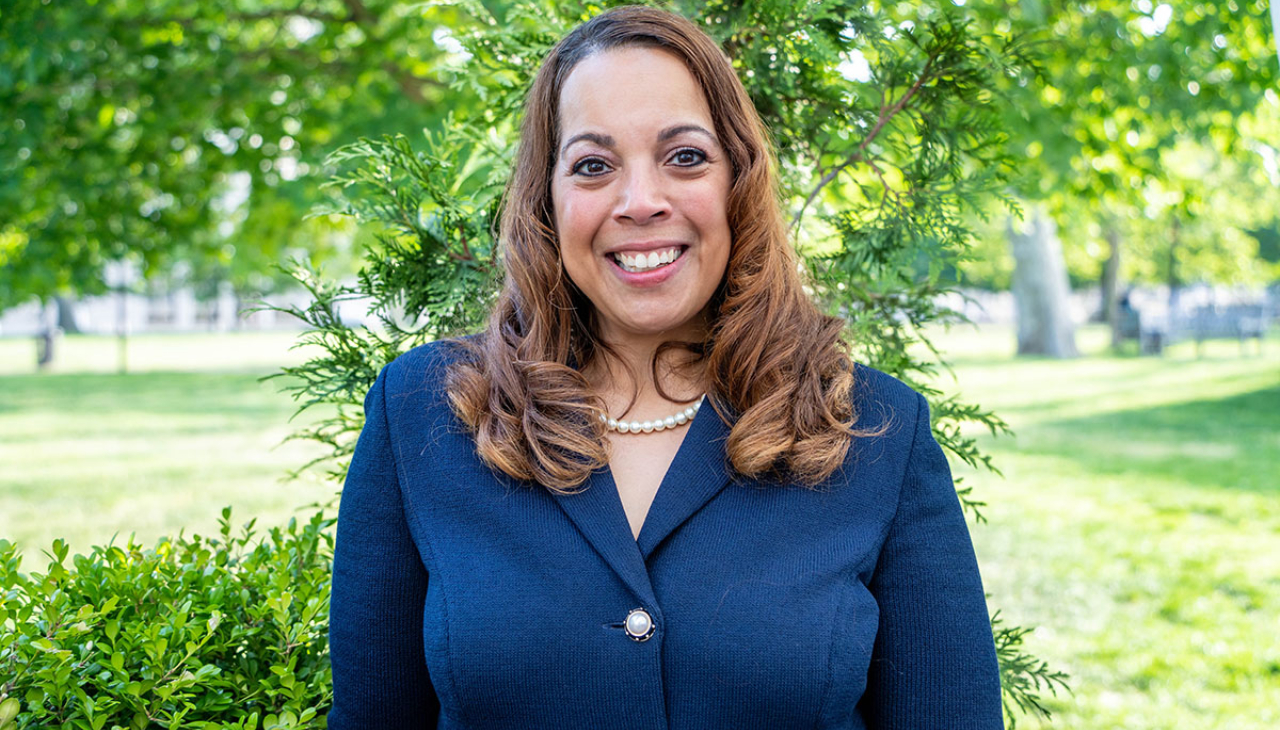
The Latina who heads DE&I at Jefferson Health
Lisette Martinez is an award-winning leader in healthcare’s diversity, equity, and inclusion space.
Diversity, Equity, and Inclusion (DE&I) for one of the largest health systems in the Philadelphia region is run by a Latina from the Midwest.
Lisette Martinez hails from the Cincinnati area and came to Jefferson Health — and Philadelphia — just over 3 years ago in 2020.
She graduated from the University of Cincinnati with a bachelor’s degree in Business Administration and a certificate in International Business. Martinez went on to receive her MBA from Thomas More University in Crestview Hills, Kentucky.
“I know, you know me as a diversity leader, but I actually started my career in supply chain,” said Martinez.
After receiving her MBA, she worked at a few retail companies as a buyer. This included Toys “R” Us, Sunglass Hut, and Chiquita Brands.
She got into DE&I through her work with Luxottica, the parent company of Sunglass Hut. Martinez noted that she had to take some steps back in her career to learn about the field of DE&I.
Luckily, Cincinnati is home to many Fortune 500 companies she was able to work at like Procter & Gamble and Toyota.
Eventually, she ended up working at Macy’s as their Supplier Diversity Manager, where she helped elevate diverse-owned businesses. She counts this as one of her favorite jobs because of how she got to work with these businesses.
In this role, Martinez was in charge of the national portfolio for Macy’s and Bloomingdale’s, so she was able to work with diverse-owned businesses all over the country.
“It was a wonderful opportunity for me to help increase the percentage of business that we do with minority- and also women-owned companies,” she said.
Afterwards, she worked as the System Director in Language Services and the Chief Diversity Officer at TriHealth.
In 2016, Martinez became the first Chief DE&I Officer of Yale New Haven after being approached by a headhunter.
Four years later, she joined Jefferson Health in May 2020. She celebrated her third year there on May 1st.
The Importance of DE&I
Martinez believes that DE&I is important in any industry, but especially in the healthcare field.
“It’s viable to help our organization really mirror the populations that we serve and create an organization that is incredibly culturally adaptive,” she said.
She added that there’s science behind diversity making an organization more successful.
“And when you are a culturally adaptive organization, you are incredibly successful and incredibly connected to your communities that you serve. So for me, it’s important on all levels and of course in all industries,” she continued.
Martinez also stated that for her it’s important for leadership at Jefferson to be well-vetted in the fundamentals of DE&I. Part of her and her team’s work is helping leadership with this. They give them the tools they need to diversify their departments or units and reinforce the management of biases in the organization.
Since joining Jefferson, Martinez has helped to implement a number of DE&I initiatives at the health system. One of these initiatives is the Diversity Councils. Each one of Jefferson’s three regions — North, Central and East — has one of these councils.
The councils are interdisciplinary groups that anyone who works for Jefferson can join. They have between 25 and 30 members plus around 300 volunteers on an annual basis. Each has a charter that tells them how to work through their region and part of the councils’ responsibility is creating a diversity/action plan. This plan must include three components: education, people, and community.
“They [the councils] work alongside liaisons of our diversity department to make sure that we support them and keep them aligned so that they are successful in the work they outlined in their action plans,” Martinez explained.
Other initiatives she’s helped implement include increasing the number of minority leaders and adding questions to the patient experience surveys.
They are following the Saratoga benchmark for increasing the percentage of individuals of color in leadership positions. The goal is to have 28.2% of leadership be a person of color by 2025. They are at around 24% already, with two more years to go.
The questions that were added to the patient experience surveys are “an extra step to understand from the patient’s perspective how they’re being treated,” Martinez explained.
The questions specifically ask if the patients felt that they were being respected in regards to their race, culture, religion, sexuality, and gender identity. Martinez explained that this data is then taken, measured, and if any department fails to meet a target, they intervene.
“We work with that unit or department, whichever it is, to help build and facilitate education. And monitor their progress so their scores go up,” she said.
She continued, “We help prepare our institution with the education and the resources and the tools necessary to make sure that every patient feels valued, [that] they’re included, that they know that they belong here and that they trust our work.”
RELATED CONTENT
Last year, Martinez was named one of Modern Healthcare’s Leaders to Watch, on its list of Top Diversity Leaders in Healthcare for 2022, for her work with Jefferson. She explained that she was honored to be a part of a list that was created by such a prestigious institution that’s looking into diversity management in health systems.
“I’m very proud and just humbled to be recognized, I was shocked that ‘wow they know my name?’ But you know, it feels good that I’m able to wake up every day and do something that I love that makes an impact for the whole community,” she said.
Working in DE&I after 2020
A few weeks after Martinez joined Jefferson, George Floyd was murdered by police in Minneapolis. This sparked international protests against police brutality and racism. Businesses and institutions also dealt with a reckoning towards past behavior and lack of diversity.
In the wake of all of this, Jefferson opened the Bold Relevant Authentic Valuable Educational (B.R.A.V.E.) Conversations, to give their employees a safe place to talk about what was happening in their community and at Jefferson.
Martinez shared that they held hundreds of meetings with almost 3,000 people. At these meetings people shared stories, frustrations, and even anger. The DE&I team took down all of the requests that were brought up and found that they covered three main areas: transparency/accountability, education, and access into the organization.
In response to this, the leadership team came up with The Blueprint for Action: A Strategic Diversity Plan. This plan has five dimensions to it: accountability, marketing/communications, people, experience, and stakeholders.
“Our strategic vision came from the people in this organization,” said Martinez.
“Those five dimensions have 15 different focus areas in which we have taken from the voices of our folks here at Jefferson, to lay out a plan of action to make sure that we are listening to our folks and creating a plan that is catered to our specific organization. So it's very well rounded, well done, and includes the voice of our folks here at Jefferson,” she continued.
One of the bigger concerns people had about their DE&I strategy was if it would ebb and flow instead of staying consistent. Martinez stressed that things she had mentioned earlier, like the charter for the diversity councils, were in place so that there would be consistency.
Although it’s been reported that some companies are getting rid of their DE&I roles only a few years after they were added, this is not the case for Jefferson.
Martinez expressed confusion over this phenomenon, citing the research of Konosuke Matsushita Professor Emeritus of Leadership at Harvard Business School Dr. John Kotter, which shows that diversity in a company actually leads to it being more successful.
“When you have that type of organization, you can have organizations that have folks who are just driven and motivated to speak their mind, and really are there to help progress an organization in new ways,” she stated.
Her advice for people who want to go into DE&I is to find someone to shadow since it’s a good way for those interested to understand the landscape of the business and find out what people in DE&I do on a day-to-day basis. This will also help potential DE&I workers figure out their “why.”
“For me, my why is wanting to make everyone feel that they’re valued, that they’re engaged, and that they belong here. That’s incredibly important to me, to my mission, and my why,” Martinez said.
She added that figuring this out will help them have a successful future in DE&I.


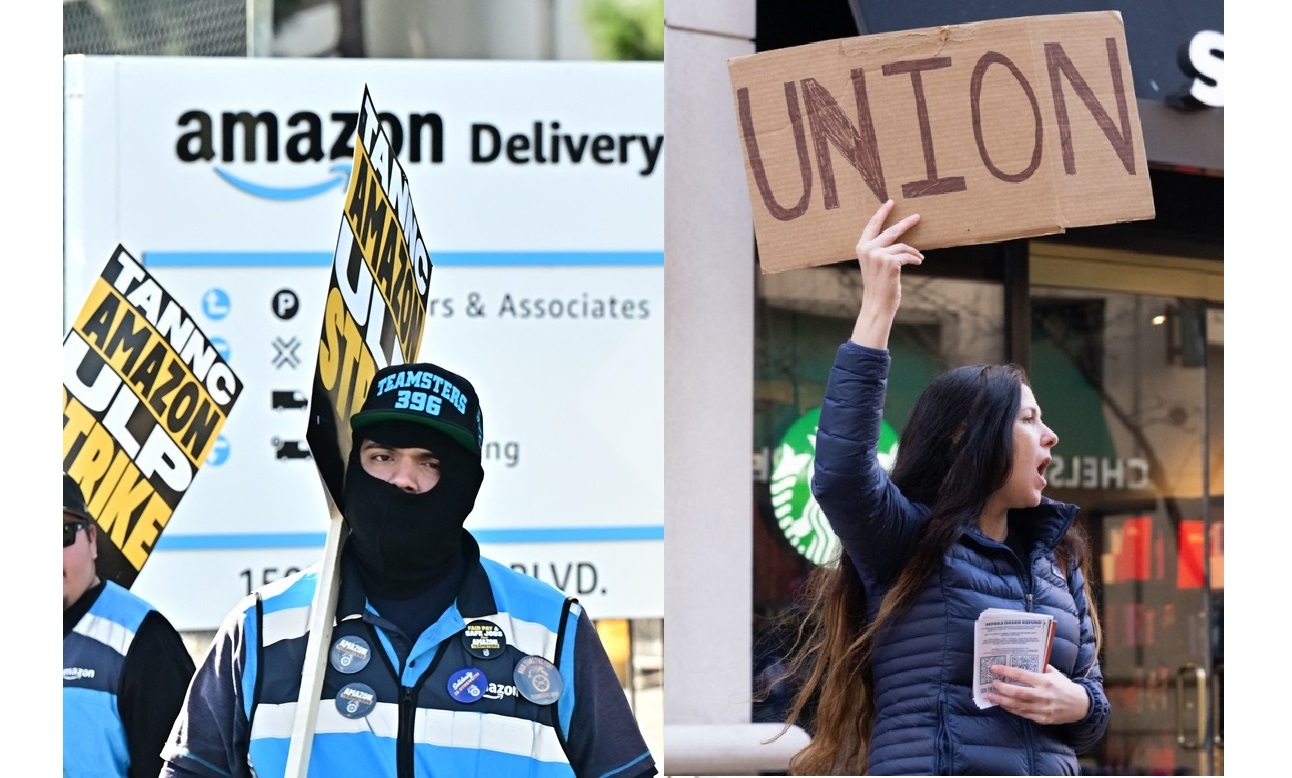
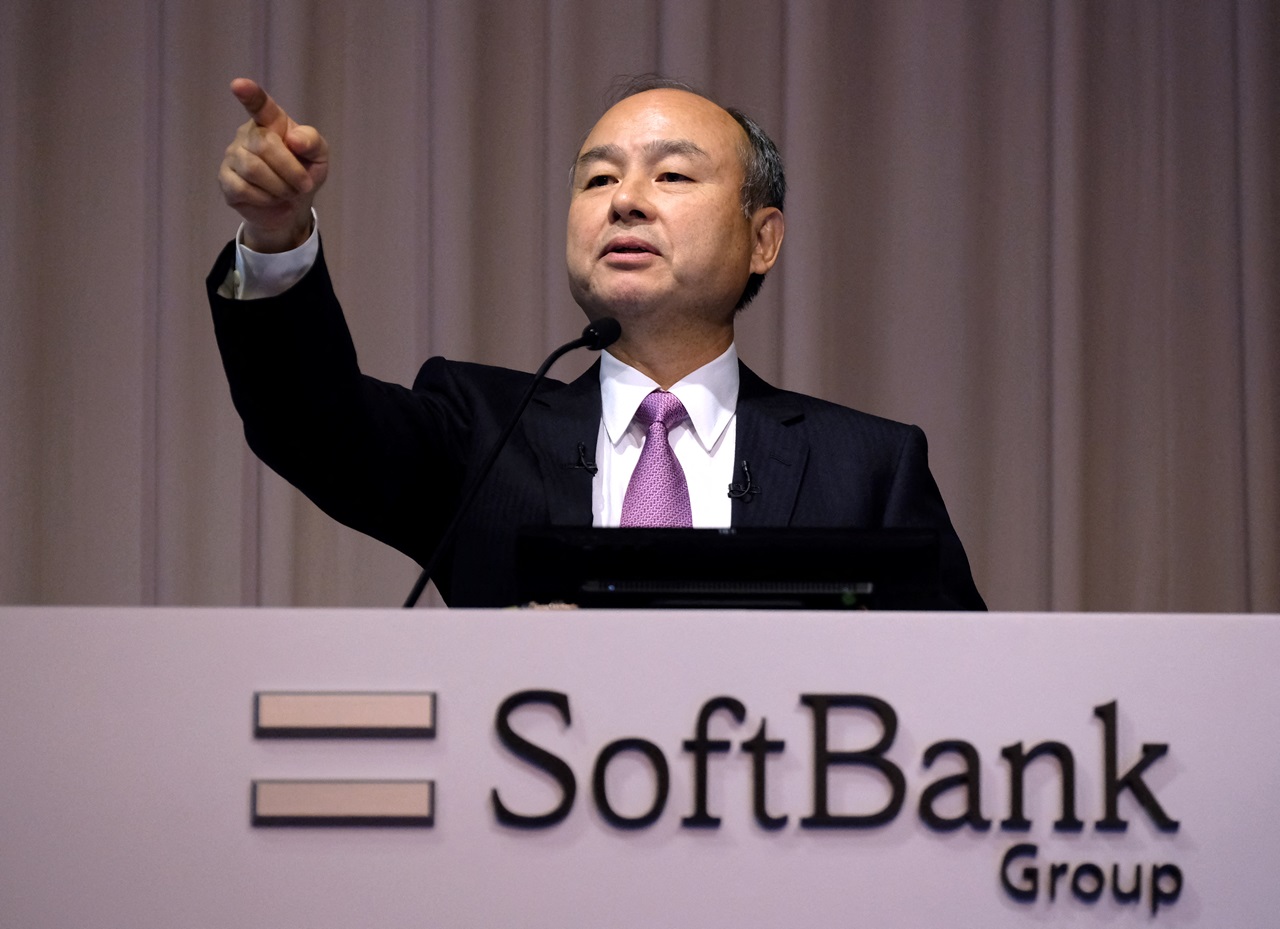


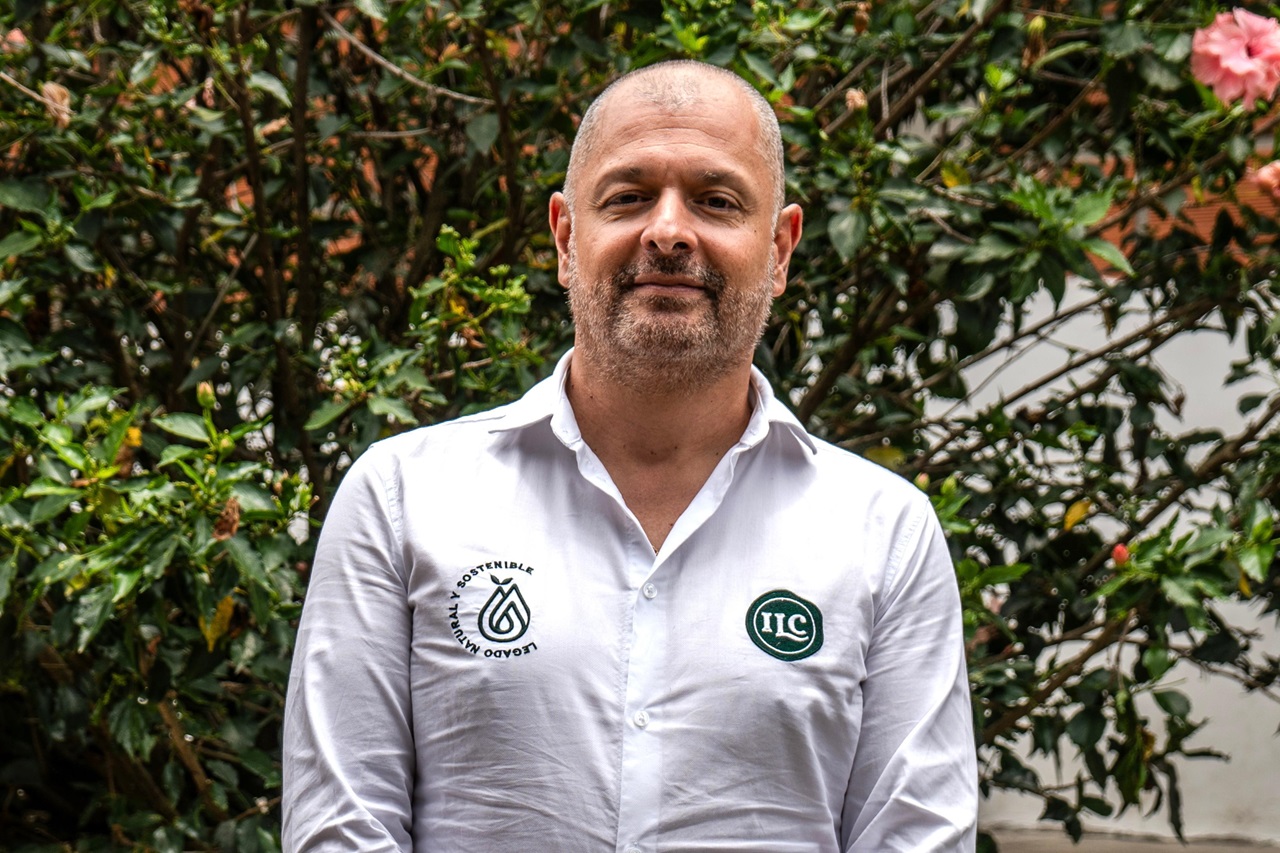


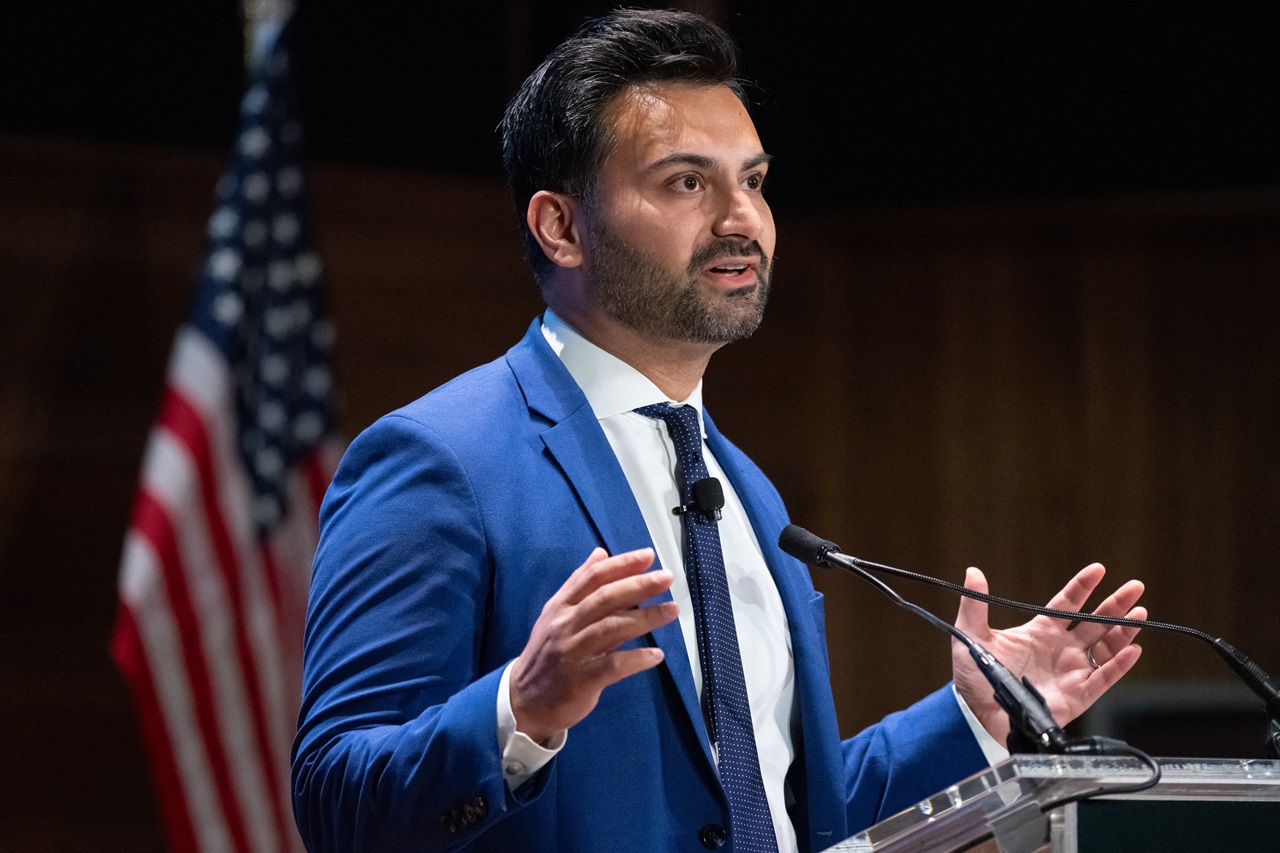

LEAVE A COMMENT:
Join the discussion! Leave a comment.